Addiction is a complex disorder, and finding the underlying causes of how people develop substance abuse issues is vital in creating treatment options. For decades, one of the main questions asked by researchers has been “is addiction genetic?”. The answer to that question is yes, but there are caveats. While there are some strong connections between genetics and addiction, genetics itself isn’t the sole reason why people develop an addiction problem. This article will explore the link between genetics and addiction and how genetics can be an underlying factor in the development of addiction.
How Much is Addiction Genetic?
There is no singular gene that causes any form of addiction. However, genetic risk factors may make some people susceptible to developing a substance use disorder. According to an article published in Clinical Pharmacology & Therapeutics, genes and environmental stressors on gene expression represent 40 to 60 percent of a person’s risk to develop an addiction.
Often, undiagnosed or untreated mental illness is a significant factor in someone abusing drugs or alcohol. A study published in the journal Drug and Alcohol Dependence stated that genetic variations among dopamine receptors enhance the pleasurable effects of substances. Additionally, data shared by the National Institute on Mental Health (NIH) states that while men are more likely to use illicit substances and have a higher dependence rate, women may be in more danger of craving and relapse.
What Other Factors Lead to Addiction
As already stated, the answer to the question “is addiction genetic?” is yes; but it doesn’t paint the whole picture. No one person is born an addict, and there is no one specific gene that dooms someone to addiction. However, genetics can come to the surface when other factors are present.
As already stated, mental illness is a substantial underlying factor in people developing a substance use problem. It is estimated that 45 percent of those struggling with addiction also are dealing with an underlying mental disorder. For people with mental illnesses, they will turn to drugs and alcohol as a way to cope with their feelings. While there are many excellent mental health treatment programs available to those in need, people may fear the stigma associated with seeking professional help. As a result, they turn to substances.
Environmental factors can also play a significant part in developing a drug addiction. Some examples of these include those growing up in a household where family members actively use substances or have or had family members who struggled with addiction in the past. Children exposed to these situations in the home are more likely to develop a substance abuse issue. Another factor is peer pressure and the need to “fit in” or belong. What started out as casual experimentation and taking drugs because it’s the cool thing to do can mushroom into an addiction problem.
Another factor that can lead to an addiction is unresolved trauma. This can include surviving an accident, natural disaster, or a death of a loved one. This can also include witnessing an act of violence or being the victim of violence. Unresolved trauma can also be the result of sexual abuse, mental abuse, or physical abuse.
Getting Help for Your Addiction
There is no doubt of the connection between genetics and addiction, but it isn’t the sole reason why people struggle with substance use. Every addict is unique, and addiction can surface from several underlying sources. If you or a loved one is struggling with an addiction to drugs and alcohol, you need the support of a reputable and professional treatment facility. For years, Liberty House has established a reputation for providing individualized treatment plans, expert care, and compassion and providing the tools you need to get and stay sober.We incorporate a 12-step approach to help you address your addiction and become empowered to completely transform your life. No matter the severity of your addiction, you will get the support you need to take your first confident steps towards recovery. Call Liberty House toll-free right now and become the healthy and happy person you were meant to be.


